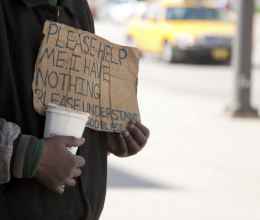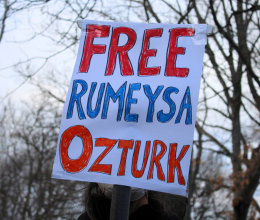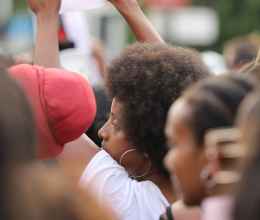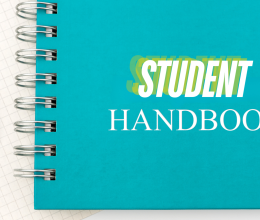
The ACLU of Massachusetts, with the firm McCarter & English, today filed a lawsuit against the City of Fall River, challenging the city’s use of a state statute to criminalize poverty. According to the lawsuit, the City of Fall River aggressively enforces an unconstitutional state law making it illegal for people to ask for money for their own support on public roads.
During 2018 and into 2019, members of the Fall River Police Department have filed more than 150 criminal complaints against some of the city’s most vulnerable residents. The ACLU lawsuit was filed on behalf of the Massachusetts Coalition for the Homeless and two Fall River residents currently experiencing homelessness; John Correira and Joseph Treeful have been repeatedly targeted for standing by the side of roads with signs and accepting donations from nearby drivers.
“Asking for help is not a crime,” said Carol Rose, executive director of the ACLU of Massachusetts. “Courts throughout the country have ruled that this speech is protected under the First Amendment. This Massachusetts law and Fall River’s enforcement of it are unconstitutional attacks on free speech that prey on those who are most vulnerable.”
The Massachusetts statute targets people who are low-income and penalizes them for asking for money from vehicles on public roads. The statute exempts selling newspapers or, with a permit, other items. It also exempts requests for charity made by nonprofit organizations. This imposes distinctions based on content, which the Constitution does not allow. The ACLU lawsuit argues these requests for help are constitutionally-protected, and Fall River’s enforcement is therefore unlawful.
“A ban on asking for money is a misguided punishment for being poor,” said Ruth Bourquin, senior attorney at the ACLU of Massachusetts. “Under this statute, if someone holds up a ‘Newspapers for sale’ sign next to a roadway, the request for funds is lawful. If a sign says ‘Save the whales,’ the request is lawful if the sign seeks money for an organization with a permit from local police. But if a sign says ‘Homeless – anything helps,’ the request is strictly illegal. That’s offensive to the Constitution and to the values we hold as a Commonwealth.”
The ACLU of Massachusetts challenged two “anti-panhandling” Worcester ordinances in 2013, and a similar Lowell ordinance in 2014. In 2015, two federal judges sided with the ACLU and struck down the Worcester and Lowell ordinances as unconstitutional.



